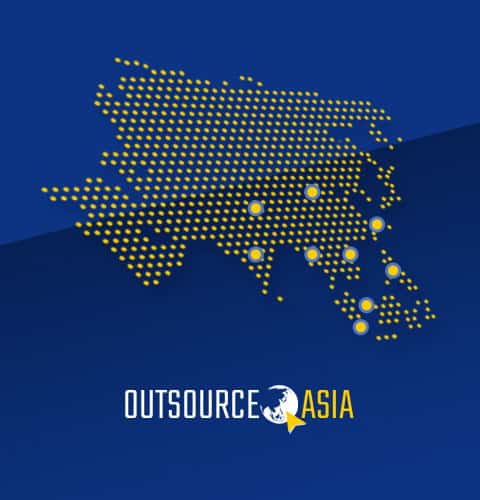
The Pros and Cons of Outsourcing Payroll Services in 2023
Payroll is an important aspect of your business, just like sales and marketing. It affects more than your organization’s financial stability; it also affects your employees’ morale. We discuss the benefits and drawbacks of outsourcing payroll in this blog.
Is outsourcing payroll a good idea for business owners?
In-house payroll processing can be time-consuming and expensive; payroll outsourcing makes the process more affordable. Additionally, a payroll error can damage your company’s reputation and get you in trouble with the law; for this reason, some businesses outsource payroll processing in order to focus on their core competencies. An experienced payroll company can also help you stay on top of regulations. You should, however, evaluate the advantages and disadvantages of outsourcing payroll administration to a third party before outsourcing it.
The number of payroll errors is on the rise.
Almost $150 million in lost wages have been recovered for workers in the 2020-2021 financial year, 20 percent more than in 2019-20, and almost five times what was recovered in 2017-18, according to the FWO’s annual report.
Underpayment of workers is widespread across the country, is growing every year, and occurs in companies of all sizes, from large, listed corporations like Woolworths to small and medium-sized enterprises like cleaning firms. The FWO includes both self-reporting entities and those found to have violated the law in a blatant manner and disrespected their employees’ rights.
Outsourcing payroll has both pros and cons.
Payroll processing involves a lot of variables. Organizations should understand federal, state, and local income tax requirements, wage garnishment procedures, and how to set up payments for any benefits that come out of payroll. W-2 distribution is also a regulatory and compliance issue.
Pros
Due to these variables, many employers opt to outsource payroll. Outsourcing payroll to a third party can offer the following benefits:
- The administrative time that was previously devoted to it can now be devoted to other projects.
- Experts will handle it. Third party payroll software is typically set up to eliminate common payroll errors.
- In addition to helping your organization stay compliant, the third party may be aware of requirements that the employer may have missed.
- Tax collection and remittance can be done accurately and on time, reducing errors.
- A firm with experience in all legal ramifications of payroll processing will hopefully handle this task.
- Additionally, the third party may be able to assist with benefit administration, allowing the employer to offer additional benefits.
- W-2 distribution will be handled by the payroll organization, so end-of-year compliance should be easier.
- As a result, it reduces the costs associated with payroll processing, such as employee salaries, paper checks, and payroll reporting fees.
- The security measures for third-party payroll processing are typically stringent.
- Payroll errors can also be reduced by tracking things like paid time off (PTO) and other accrued benefits along with payroll.
- You can reduce the number of questions your team has if the third party has easy access options for employees.
Cons
Outsourcing payroll has many benefits, but it also comes with risks. Among them are:
- Employers are still legally responsible for ensuring payroll is accurate, so your company’s responsibility is not completely removed. It is therefore imperative to choose an organization you can trust.
- Having problems that are beyond your control could make it more difficult to fix them quickly.
- In order to allow for processing time, your organization may have earlier deadlines for submitting information.
- It does not mean there is no risk of error just because it is handled by another (hopefully professional) organization.
- Costs may still apply, including fees for extra services beyond basic payroll processing.
- When you run into an issue, it may be harder to make one-off changes.
- Because sensitive employee data will be visible to another organization at risk of data breaches, there may be a data security risk.
- In order to do it right, switching to outsourcing will require integrating relevant data inputs from your organization and will take time and resources.
- The payroll organization has no control over its livelihood; if it experiences problems, it could affect you as well.
Conclusion
It can be time-consuming to manage employee payroll – unless you hire someone to do it for you. The benefits of outsourcing payroll include cost savings and access to payroll management experts, but there are also unique challenges and risks involved. We explain how payroll outsourcing works and how your company can evaluate outsourcing strategies in our ultimate guide to payroll outsourcing.
These pros and cons can help you decide whether outsourcing payroll is right for your business. Outsourcing has many benefits for your business and can simplify your workforce management process. In general, outsourcing payroll processing is a safe way to stay compliant and pay your employees. It is important, however, to research and weigh the pros and cons of outsourcing payroll processing before engaging in the process.
What criteria do you employ to choose the perfect outsourcing partner? If you need help in finding the right outsourcing partner, book a FREE APPOINTMENT with Outsource Asia experts today.


